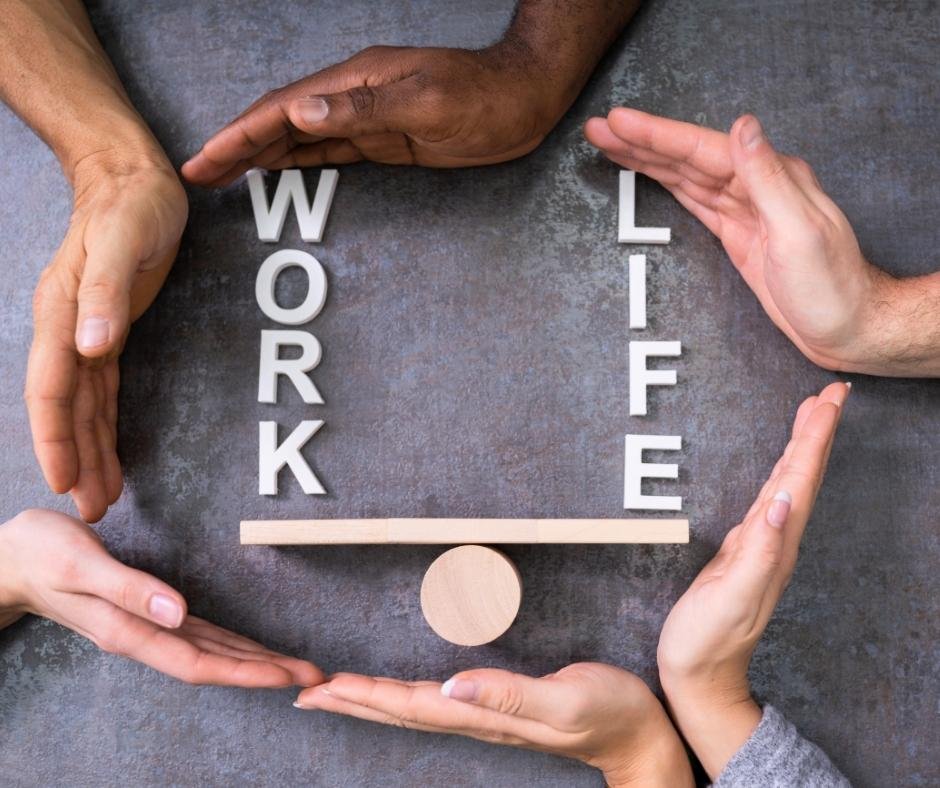
When I talk to friends in their early twenties, the conversation rarely drifts toward retirement. It’s not because they’re irresponsible—it’s because the concept feels like a relic from a bygone era. We grew up watching our parents’ 401(k)s evaporate during the 2008 crisis, heard stories of grandparents working well into their seventies, and now face a world where a college degree costs as much as a house.
For Gen Z, retirement isn’t a promise—it’s a punchline. But here’s the twist: we’re not doomed to work forever. The path to financial freedom exists, but it looks nothing like what our parents followed. This article isn’t about fear-mongering; it’s about redefining what retirement means for a generation that’s rewriting the rules of work, money, and life.
The Broken Promise of Traditional Retirement
My grandmother retired at 62 with a pension and Social Security, bought a condo in Florida, and spent her days gardening. That story feels like a fairy tale now. Gen Z has watched the pillars of retirement crumble. The 2008 financial crisis wiped out $19 trillion in household wealth, and many never recovered.

Pensions, once the gold standard, now cover just 15% of private-sector workers. Even 401(k)s, designed to empower individuals, have become symbols of anxiety—subject to market whims and employer whims alike. A 2023 survey found that 60% of Gen Zers don’t trust the stock market as a reliable retirement tool. We’re not being cynical; we’re being realistic. The system failed our parents, and we’re determined not to repeat their mistakes.
Gen Z’s Economic Reality Check
Let’s talk numbers. The average Gen Z worker earns $32,500 annually, but the median rent in major U.S. cities is $1,800/month—that’s 66% of their income. Student debt averages $37,000 per borrower, delaying milestones like homeownership (the median home price is now $400,000).

Meanwhile, inflation hit 7% in 2022, the highest in 40 years, eroding purchasing power. Climate change adds another layer of uncertainty; a 2022 Deloitte report found that 60% of Gen Z worry environmental degradation will impact their financial future. It’s not that we don’t want to save—it’s that the math doesn’t add up. Traditional retirement planning assumes stability we’ve never known.
The Flexibility Revolution: Work-Life Balance Over Retirement
I quit my 9-to-5 last year to freelance and travel. My parents were horrified. “But your retirement?” they asked. I explained that I’m not anti-work—I’m pro-choice. Gen Z values autonomy over accumulation. The FIRE (Financial Independence, Retire Early) movement resonates, but with a twist: we’re not racing to quit work entirely.

We’re designing careers that allow us to work on our terms. A 2023 Gallup poll found that 54% of Gen Z prioritize work-life balance over salary. This isn’t laziness—it’s pragmatism. We’re building portfolios of skills and income streams that give us freedom now, not just at 65.
The Multi-Income Stream Strategy
Relying on a single paycheck feels like playing financial roulette. That’s why 40% of Gen Zers have side hustles. My friend Maya codes websites by day and sells digital art on Etsy by night. Another teaches Spanish on Preply. The gig economy isn’t just for extra cash—it’s a safety net.

Digital assets matter too. My cousin built a $5,000/month passive income from a blog about sustainable living. Skills are the new 401(k). Learning to code, design, or market online isn’t a hobby—it’s insurance against a volatile job market.
Social Media’s Double-Edged Sword: Education vs. Risk
I’ll admit it: I bought Dogecoin because of a TikTok trend. Lost $200, but learned a lesson. Social media democratized finance, but it’s a Wild West. Finfluencers shout about crypto and day trading, often without disclosing risks. A 2022 study found that 70% of Gen Z investment advice on TikTok was misleading.

Yet, platforms also connect us to resources like BiggerPockets (real estate) or Mr. Money Mustache (FIRE). The key is discernment. I now follow experts like Ramit Sethi, who blend humor with actionable advice. Social media isn’t the problem—our critical thinking is the solution.
The Liquidity Trap: Why Gen Z Avoids Locking Money Away
When I opened my first 401(k), I felt like I was throwing money into a black hole. “You can’t touch it until you’re 59.5,” the HR rep said. For a generation facing layoffs and medical debt, that’s terrifying.

A 2023 report found that 45% of Gen Z prioritize emergency savings over retirement accounts. We’re not reckless—we’re risk-aware. The solution? Roth IRAs (penalty-free withdrawals for first-time home purchases) and high-yield savings accounts. Liquidity isn’t laziness; it’s survival.
The Semi-Retirement Solution
My mentor, Alex, “retired” at 45. He now works four months a year as a consultant and spends the rest traveling. This is Gen Z’s dream: semi-retirement. A 2022 AARP survey found that 70% of workers plan to work part-time in retirement. Why wait until 65 to live?

Companies like Patagonia offer sabbaticals; platforms like Remote Year let you work from Bali. The future isn’t about quitting work—it’s about choosing work that serves your life, not the other way around.
The Critical Role of Financial Literacy
I didn’t learn about compound interest until I was 24. That’s criminal. Only 21 states require high school personal finance courses. No wonder 35% of Gen Z don’t know where to start saving. But change is happening. Apps like Cleo and Zogo gamify learning. Employers like Starbucks offer financial wellness programs. I volunteer with a nonprofit teaching teens about budgeting. Knowledge is power, and for Gen Z, it’s non-negotiable.

Employer & Government Responsibility
Companies can’t fix systemic issues alone, but they can help. Automatic 401(k) enrollment boosts participation by 50%. Student debt matching programs (like Nvidia’s) are game-changers.

Governments must act too: expand Social Security, subsidize affordable housing, and regulate finfluencers. Racial equity matters here—Black and Hispanic workers are 50% less likely to have workplace retirement plans. The system isn’t broken—it’s biased. Fixing it requires collective action.
The Power of Early & Automated Saving
I started investing $50/month at 22. Five years later, it’s grown to $4,000. Small, consistent actions matter. Robo-advisors like Betterment make investing painless. The key is automation—out of sight, out of mind. Even with debt, allocate 10% to investments. The math is clear: starting at 25 vs. 35 can double your retirement savings. Time is our superpower—use it.

Redefining Success: Experiences Over Accumulation
My happiest moments aren’t in my bank statements—they’re on mountaintops and in foreign markets. Gen Z values experiences over possessions. A 2023 Harris Poll found that 78% of us prefer spending on travel or hobbies over luxury goods. This isn’t frivolous—it’s fulfillment. Research shows experiential purchases increase long-term happiness more than material ones. Retirement isn’t about lounging—it’s about living.
The Path Forward: Hybrid Strategies for Gen Z
There’s no one-size-fits-all solution. I combine a Roth IRA with index funds, a high-yield savings account, and a side hustle teaching yoga. My friend invests in ESG funds while building a dropshipping business.

The future is hybrid: traditional tools (401(k)s, IRAs) plus alternatives (crypto, real estate). The key is balance. Diversify income, automate savings, and stay educated. Flexibility is our strength—use it.
Conclusion
Gen Z won’t retire the way our grandparents did—and that’s okay. The old system failed us, but we’re not victims. We’re architects of a new future where work serves life, not the other way around.
The path requires intention: start saving early, diversify income, prioritize education, and demand systemic change. The retirement crisis isn’t our fault—but the solution is our responsibility. The future isn’t guaranteed, but with action, it’s ours to shape. Let’s build it







